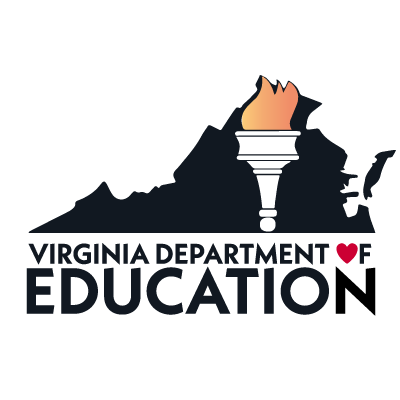The Individuals With Disabilities Education Act (2004) requires that students with disabilities have access to the general education curriculum. To accomplish this, Individualized Education Program (IEP) teams identify student needs as well as supports and services to address those needs. Once that is in place, students with disabilities must be provided specially designed instruction within the context of the general education curriculum as specified in the IEP.
 Some broader approaches to classroom practices support not only students with disabilities, but all students in the general education setting. For example, “high-quality, research-based, and systematic instruction in a challenging curriculum” supports all students in meeting their educational goals (Polloway, Patton, & Serna, 2008, p. 12). This edition of the Link Lines newsletter presents practices and resources designed to support students with disabilities in accessing and making progress in the general education curriculum.
Some broader approaches to classroom practices support not only students with disabilities, but all students in the general education setting. For example, “high-quality, research-based, and systematic instruction in a challenging curriculum” supports all students in meeting their educational goals (Polloway, Patton, & Serna, 2008, p. 12). This edition of the Link Lines newsletter presents practices and resources designed to support students with disabilities in accessing and making progress in the general education curriculum.
One of the approaches that may be used to identify supports for students with disabilities as well as for students at all ability levels is Universal Design for Learning (UDL) (CAST, 2011). Read more about UDL in Cathy Buryn’s article The Principles of Universal Design for Learning and Accessible Learning. Donni Davis-Perry shares resources to support teachers in selecting and implementing evidence-based practices to ensure quality instruction in her article, How Can the Use of Evidence-Based Practices Help Your Students Learn?
The article Proactive Preparation: Secondary Mathematics Standards of Learning (SOL) Tests by Cami Wright provides links to Virginia Department of Education resources for remediation of math skills that many students have difficulty mastering. Nick Kier provides information and resources for teachers to support students with disabilities in learning social studies and science content in his article, Buried by Content: Strategies to Support Student Success in Science and Social Studies Courses.
Brain research has provided new insights into the underlying processes of identifying unknown words. Read more about these processes to help students decode new words in Mary Stowe’s article, Helping Students to Identify Unfamiliar Words.
References
CAST. (2011). Universal design for learning guidelines: Version 2.0. Wakefield, MA: Author
Individuals with Disabilities Education Act of 2004, U.S.C. § 1400 et seq.
Polloway, E. A., Patton, J. R., & Serna, L. (2008). Strategies for teaching learners with special needs (9th ed.). Upper Saddle River, NJ: Pearson.




